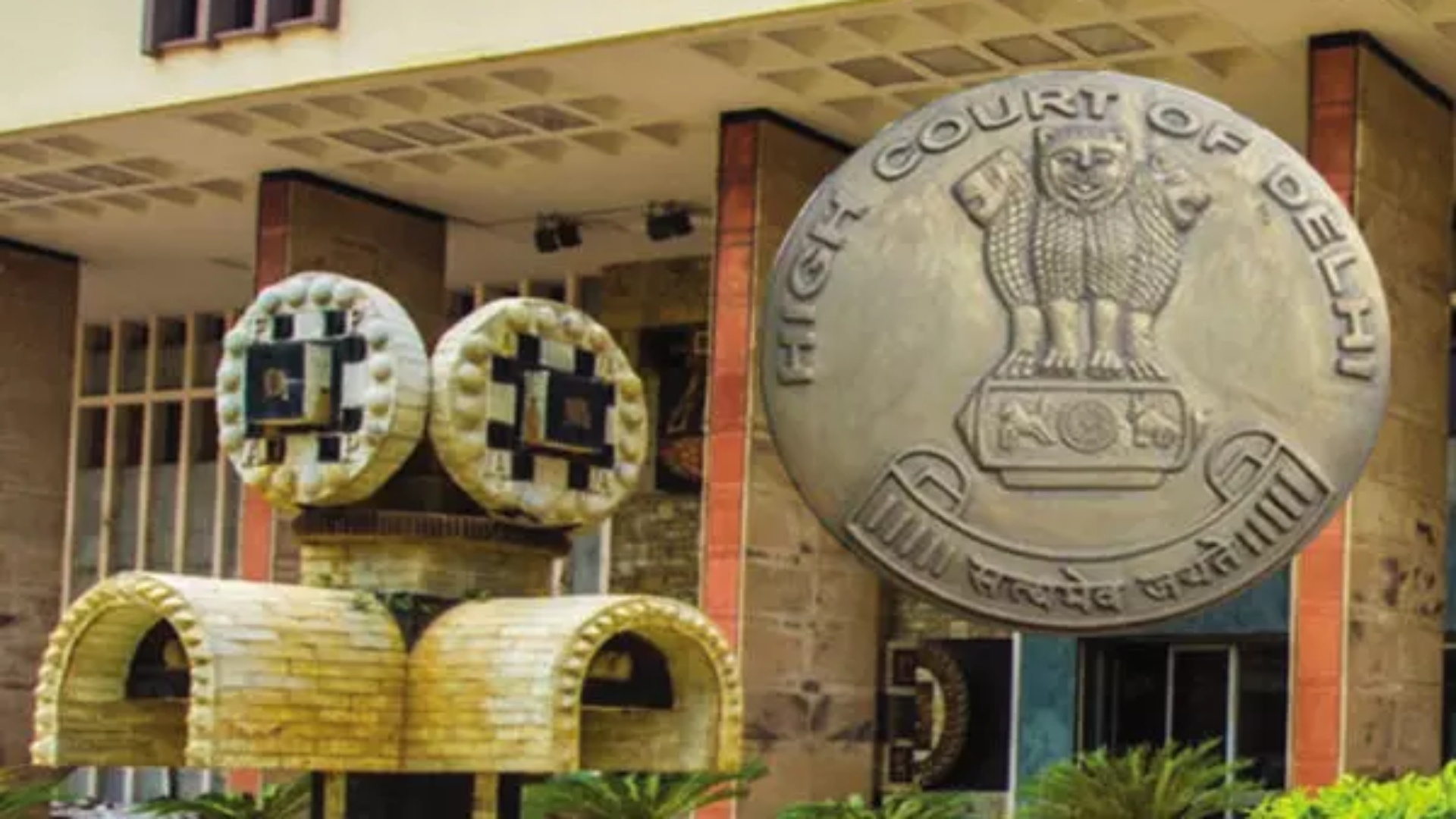The Delhi High Court on Wednesday directed the Election Commission to address concerns about duplicate voter entries in Delhi’s electoral rolls.
The directive followed a petition filed by Rashtravadi Adharsh Mahasangh, which alleged that lakhs of duplicate voters had been registered, potentially compromising the democratic process.
The bench, led by Acting Chief Justice Vibhu Bakhru, acknowledged the petitioner’s concerns but remarked, “Such matters arise before every election.” The Court also urged the Election Commission to explore advanced technological solutions to prevent voter duplication in future electoral rolls.
During the hearing, the petitioner’s counsel expressed concern that the upcoming Delhi Assembly elections would conclude before any corrective action could be taken. In response, the bench noted that while revision of the electoral roll is a routine process, it could not be carried out at this stage due to the imminent elections.
Advocate Sidhant Kumar, representing the Election Commission, contended that the petition lacked specific examples of duplicate entries. He further informed the court that necessary steps for revising electoral rolls had already been initiated, and the issue had previously been addressed by the Supreme Court. Kumar added that technological tools were already in use to eliminate duplicate voter entries.
The petitioner argued that the electoral roll contained numerous duplicate entries and claimed that the Election Commission had not adequately addressed the issue. He pointed to the availability of 2 technological methods—Photo Similar Entries (PSE) and Demographic Similar Entries (DSE)—as effective solutions for identifying and removing duplicate voters. According to the petition, these techniques were mandated by the Election Commission of India in a letter dated August 11, 2023, under Section 22 of the Representation of Peoples Act, as part of the electoral roll revision process.
The petitioner also alleged that state authorities had failed in their duty to prevent duplicate registrations, thereby violating the fundamental rights of citizens and the principle of “one citizen, one vote.”
He emphasized that with the Election Commission now adopting Artificial Intelligence (AI) tools, it had become feasible to quickly detect and remove duplicate voter entries, ensuring the integrity of the electoral process.
In response, the Election Commission maintained that it had already employed the required procedures and tools to address duplication, rendering the petitioner’s concerns largely moot. After considering the arguments, the court disposed of the petition, instructing the respondents to address any remaining issues at an appropriate stage.
The petition highlighted the critical importance of a clean electoral roll and urged for proactive measures to uphold democratic principles, ensuring that each citizen’s vote is counted fairly and without duplication.
Read More: MCOCA Case: Delhi Court Denies Bail To AAP MLA Naresh Balyan




